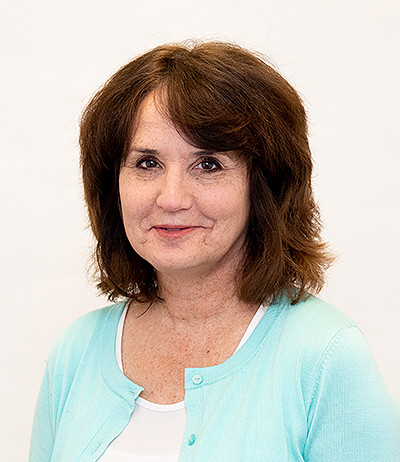Jackie Curé is a land broker in Asheville, N.C. She opened her business, Landcrazy.com, in 2006, survived the recession and is now seeing an influx of homesteaders and “microfarmers” in western North Carolina.
She wrote about the trend in a recent blog post: “Homesteaders and microfarmers are flocking to the region to scoop up the valuable rural land in these here hills. While many small-scale producers come in with a vision, they understand that their role is to be stewards of rural land, responsibly managing its resources and extracting a tax of subsistence in return. Therefore, although their vision is important, they acknowledge that deep listening skills are needed to find out and oblige the land’s needs.”
Curé says survivalists are another group seeking out rural land in her area. “They don’t boast about what they are buying and why. They ask for specific things, like a spring on the property, southern exposure and some arable farmland. They don’t need a big farm, because we live in the mountains, but some place to grow food,” she says.
Curé says before the recession, many of their clients were land developers and land “flippers,” those hoping to re-market the land quickly for a profit. “After the crash, people were coming up to us and saying, ‘I’m going to have goats and chickens and live off the land,’ ” she says.
The recession activated their dreams, she says. “They are manifesting what has been in their heads. The crash opened the door and reduced the value of the land so they can afford it,” Curé says.
These new rural lifestylers are not just buying land, but building farms. Curé keeps in touch with several clients and within a year, they’re already raising animals and food.
These new landowners offer dealers a great opportunity. They need a partner to ensure they’re making the right decision. “They’re working intuitively out of nothing. Their heart is telling them to do it and they don’t even know how to put a fence up,” Curé says.
She mentions listening skills in her blog post, referring to new landowners working to understand their land. These new rural lifestylers will appreciate someone to listen to them as well, someone who believes they can be sustainable on their own land. So, when working with them, be sure to acknowledge they are farmers. USDA’s 2012 census says 11% of all farms are 1-9 acres.
Consider connecting with area land brokers as a way to find these potential customers. It could be a small exchange, such as posting a link to their website on your site and vice versa, or mentioning them on social media. Or, a more involved partnership, such as a clinic on how to build a farm from scratch. Maybe even just watch how land brokers are marketing and see about borrowing some of their techniques. Find ways to be part of the trend that’s creating customers for you.
Editor’s Note: Watch for future columns about land buying trends from brokers and realtors across the country. If you have ideas about land trends in your area, write lwoolf@lesspub.com.





